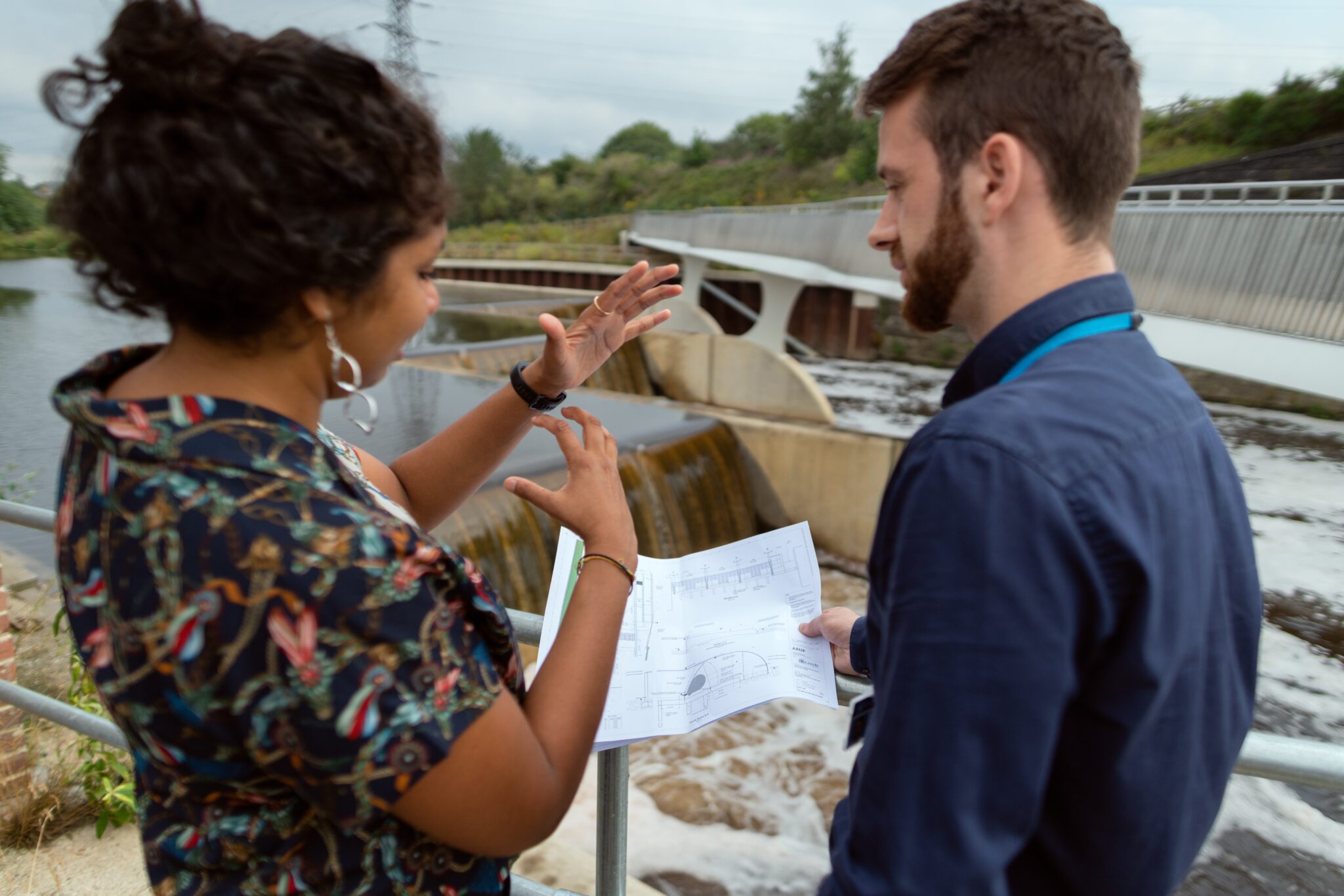
How to interview entry-level job candidates: Interviews with junior candidates can be challenging as they lack professional experience making it difficult to assess their skills. But, with targeted entry-level interview questions you can easily assess their abilities and potential. Interview questions for entry level job candidates: How to assess entry-level candidate skill? Possible red flags […]

If you’re on the lookout for a skilled web designer to join your team, it’s essential to have a set of thorough interview questions to evaluate their capabilities. Our comprehensive list of web designer interview questions covers a wide range of skills and experience, from web development and design to user experience and communication. Find […]

The Technical Editor plays a vital role in an organization. Therefore, you must invest quality time in hiring one. Have a look at our Technical Editor interview questions to gauge the skills of the candidates. Considerations for Hiring a Technical Editor For this role, your candidates will come from a technical writing background. They will […]

Are you looking for a proficient UX Designer? Here is a list of UX designer interview questions that can help you identify a potential candidate. Considerations for Hiring a UX Designer UX Designers are the ones who conduct user research, and surveys and use the information to create wireframes, sitemaps, prototypes, and customer journey maps. […]

Are you looking for an expert UI designer for your organization? Well, identifying a potential candidate for this position is a difficult task. Here are UI designer interview questions that you need to ask to evaluate the skills of the candidates appearing for this post. Consideration for Hiring a UI Designer Intuitive UI designs are […]

Screen the best candidate for your organization by asking these carefully curated Technical Writer interview questions. Considerations for Hiring a Technical Writer Writing is one of the most important skills required to properly convey ideas and concepts. Thus a Technical Writer plays a crucial role in presenting the ideas of your company in an innovative […]

Are you wondering what questions to ask for the profile of Senior Project Manager? Browse through our Senior Project Manager interview questions to gauge the skills of the candidates. Considerations for Hiring a Senior Project Manager As the name implies, a Senior Project Manager is the head of any project. He needs to plan, organize, […]

Do you intend to hire a Project Manager for your firm? These Project Manager interview questions will lend a hand in identifying the best candidate for your requirements. Considerations for Hiring a Project Manager Project Managers are responsible for leading a project from the beginning to the end. In addition to that, there is an […]

Our comprehensive collection of project coordinator interview questions offers valuable insights into the essential skills and expertise required to excel in this critical role. From project execution to time management, our curated list will help recruiters and hiring managers to assess candidates’ abilities for successful project coordination skills and beyond. Considerations for Hiring a Project […]

Are you seeking a professional product manager for your company? Ask these product manager interview questions to gauge the skills of the contenders. Considerations for Hiring a Product Manager Interview Questions A Product Manager is the owner of the product and is wholly responsible for designing and building a user-friendly software product that is commercially successful. Product […]

Our carefully curated list of Product Designer interview questions provides valuable guidance for recruiters and hiring managers seeking to identify top talent in this critical role. From design thinking and user research to prototyping and testing, our comprehensive collection assesses candidates’ abilities to create engaging, user-centric product experiences that meet business goals and drive success. […]

Our comprehensive collection of Physical Product Designer interview questions offers valuable insights into the essential skills and expertise required to excel in this critical role. From design thinking to prototyping and manufacturing, our curated list will help recruiters and hiring managers to assess candidates’ abilities to create and bring innovative physical products to market. Considerations […]